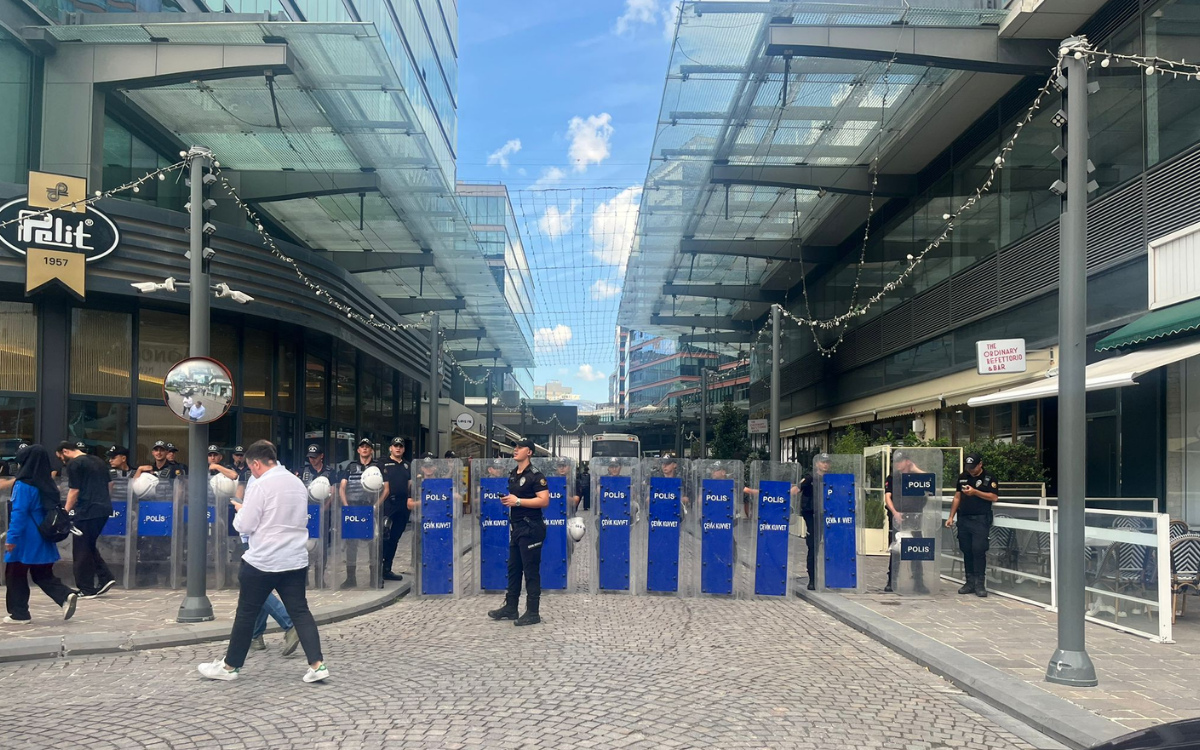Physical Address
Indirizzo: Via Mario Greco 60, Buttigliera Alta, 10090, Torino, Italy
Physical Address
Indirizzo: Via Mario Greco 60, Buttigliera Alta, 10090, Torino, Italy

Devlet Bahçeli, leader of the Nationalist Movement Party (MHP) and a key ally of the government, has called on the court to remove the leadership of the main opposition Republican People’s Party (CHP) in an ongoing case concerning alleged irregularities during the opposition party’s latest congresses.
Speaking to pro-government columnist Nedim Şener of Hürriyet, Bahçeli said, “The CHP is heading toward disaster.” He argued that the party’s internal crisis requires urgent legal intervention.
Lawsuits have been filed against the CHP over claims of vote buying and procedural violations during the İstanbul provincial congress and the party’s general congress in 2023, which ended Kemal Kılıçdaroğlu’s 14-year leadership.
In the İstanbul case, the court issued an interim ruling to annul the results of the congress and removed the elected provincial board. It then appointed a temporary committee reportedly aligned with the former party leadership. This committee, accompanied by police, took over the party’s İstanbul headquarters yesterday.

Bahçeli said a similar ruling should be issued regarding the general congress. “The court’s decision on the İstanbul congress must also influence the ongoing case concerning the general congress in Ankara and lead to a similar outcome,” he said.
He added that such a decision could shield the CHP from further damage caused by corruption investigations. “The acts of İmamoğlu and the criminal network should not be attributed to the CHP,” Bahçeli said, referring to ongoing investigations into municipalities controlled by the party.
As part of these investigations, prominent CHP figure Ekrem İmamoğlu was suspended from his post as İstanbul mayor and has been held in pretrial detention since March. Additionally, 15 CHP mayors, including those of major cities like Antalya and Adana, have been suspended over corruption allegations.
Turkey’s Constitution places strict limits on public comments regarding ongoing legal proceedings. Article 138 prohibits any statements, discussions, or questions in the legislature concerning active cases. It also bars any institution or authority from issuing instructions or suggestions to the judiciary.
Article 288 of the Turkish Penal Code, which criminalizes attempts to influence a fair trial, states, “Anyone who publicly comments on an ongoing case or investigation with the intent to influence the judiciary shall be punished with imprisonment of six months to three years.” (VK)